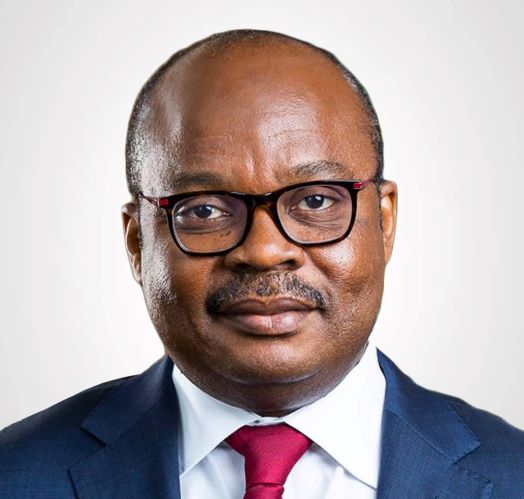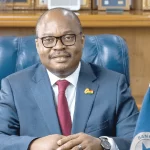The Bank of Ghana (BoG) is set to meet Managing Directors of banks and Forex Bureau operators on sustainable dollar supply to slow down the free fall of the cedi.
Legitimate transactions
The meeting is to establish strict protocols that will ensure that people who need access to forex for legitimate transactions can get same without hindrance in the banking halls and at the Forex Bureaus as against on the black market or using some rates coming from some other quarters.
Cedi loses over 60% value
The Cedi has lost more than half of its value from January this year to date, with some estimates pegging the depreciation at over 60%.
It has tumbled rapidly on the Interbank forex rates, trading against the US dollar at a buying price of GH₵12.5244 and selling price of GH₵12.5370 on Monday, October 24, 2022.
Minister of Information, Kojo Oppong-Nkrumah, disclosed this in separate media interviews.
Fiscal challenges
The free fall of the cedi is a consequence of Ghana’s current fiscal challenges that have led to a massive exit of portfolio investors who are dumping the currency and bonds.
Macroeconomic instability
Ghana faces macroeconomic instability, with an inflation rate of 37.2%, against a target of eight percent with a bandwidth of two percent.
BoG intervention
Despite BoG raising its interest rate to a record high of 24.5% in an effort to reduce inflation and strengthen the Cedi, the currency continues to fall.
Some Ghanaians hoarding dollars
Some Ghanaians are exchanging the cedi for dollars as a store of value, fearful of what is to come and of further cedi depreciation and this is also piling more pressure aiding further depreciation.
Stabilisation of the cedi
But, Oppong-Nkrumah also hinted that the aim of the meeting is to find longer lasting measures to ensure that Forex trade is stabilized in this country.#
According to him, the meeting which is part of efforts to stabilize the currency is taking place while the country expects a lot more inflow of Forex following the completion of the syndication of Cocoa Board Transaction.
$1.13bn COCOBOD loan
Ghana Cocoa Board (COCOBOD) signed a $1.13 billion syndicated loan with international banks to finance purchases for the upcoming season, which is due to open later this month.
Economic Management Team to meet on cedi
Oppong-Nkrumah also revealed that the Economic Management Team (EMT) will be meeting to apprise itself of the latest numbers as have been put together and some of the recommendations as the country heads into the final part of the year.
He also said that the President will chair a Cabinet meeting on Thursday to receive the results of the meeting of the EMT.
Cabinet meeting to receive IMF report
The President will also receive the updates from the International Monetary Fund (IMF) negotiations to enable government make some decisions and then “update the nation on the next steps forward”.
Ghana seeks $3bn IMF bailout
Ghana is before the IMF for $3 billion balance of payment support to help the country navigate through the hostile economic crisis it finds itself in as a result of the adverse effects of the deadly coronavirus pandemic and the ongoing conflict between Russia and Ukraine.
The loan is to support the government’s Enhanced Domestic Programme, which is to help the country navigate through the current economic hardship and improve its fiscal balances sustainably.
Ghana, just like many other countries the world over, is experiencing economic hardship largely due to Covid-19 and the Russia-Ukraine War.
Dollar 20-year high
The dollar has surged to a 20-year high against a basket of currencies crashing market currencies.
Impact of stronger dollar
A strong dollar compels countries to use more of their own currency to buy the same quantity of goods.
That higher price means the countries are inadvertently importing more inflation.
Since the affected countries borrow in dollars, they have to pay interest in dollars, which adds to their financial distress.
Rising bond yields
In 2016, Ghana borrowed $1 billion for 10 years, paying an interest rate of just over 8 percent.
As the country’s financial position has worsened and investors have backed away, the yield — indicative of what it would now cost Ghana to borrow money until 2026 — has risen above 35%.




